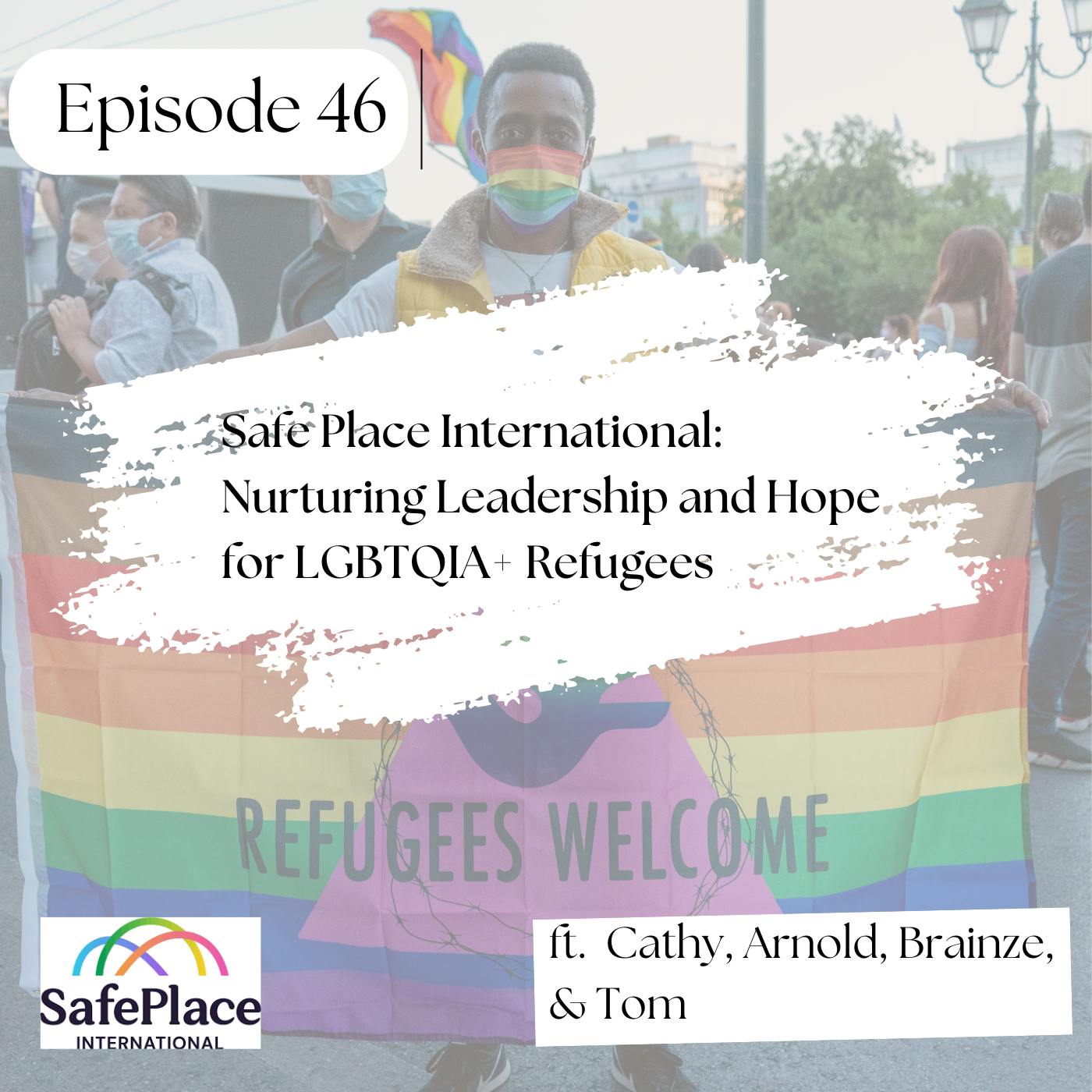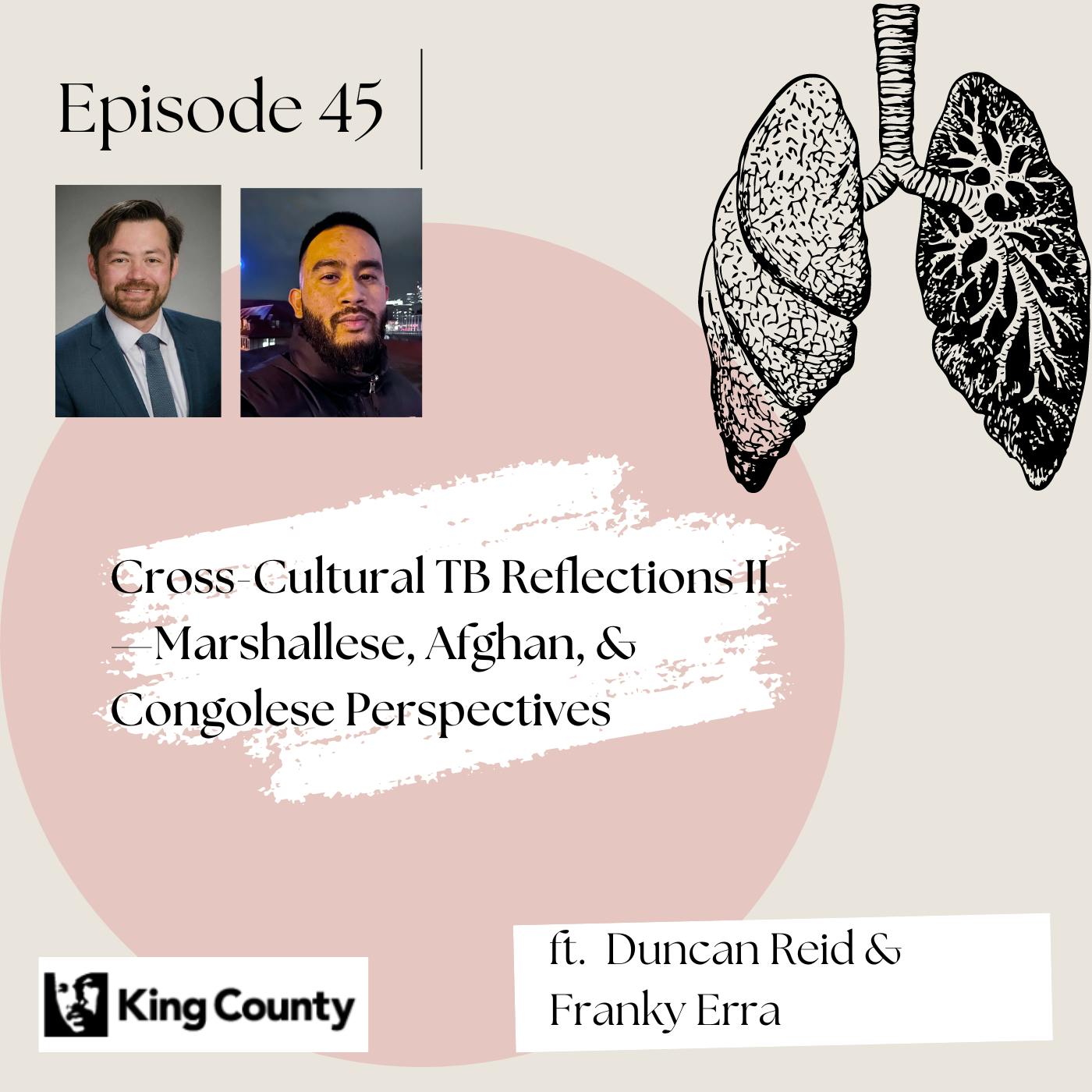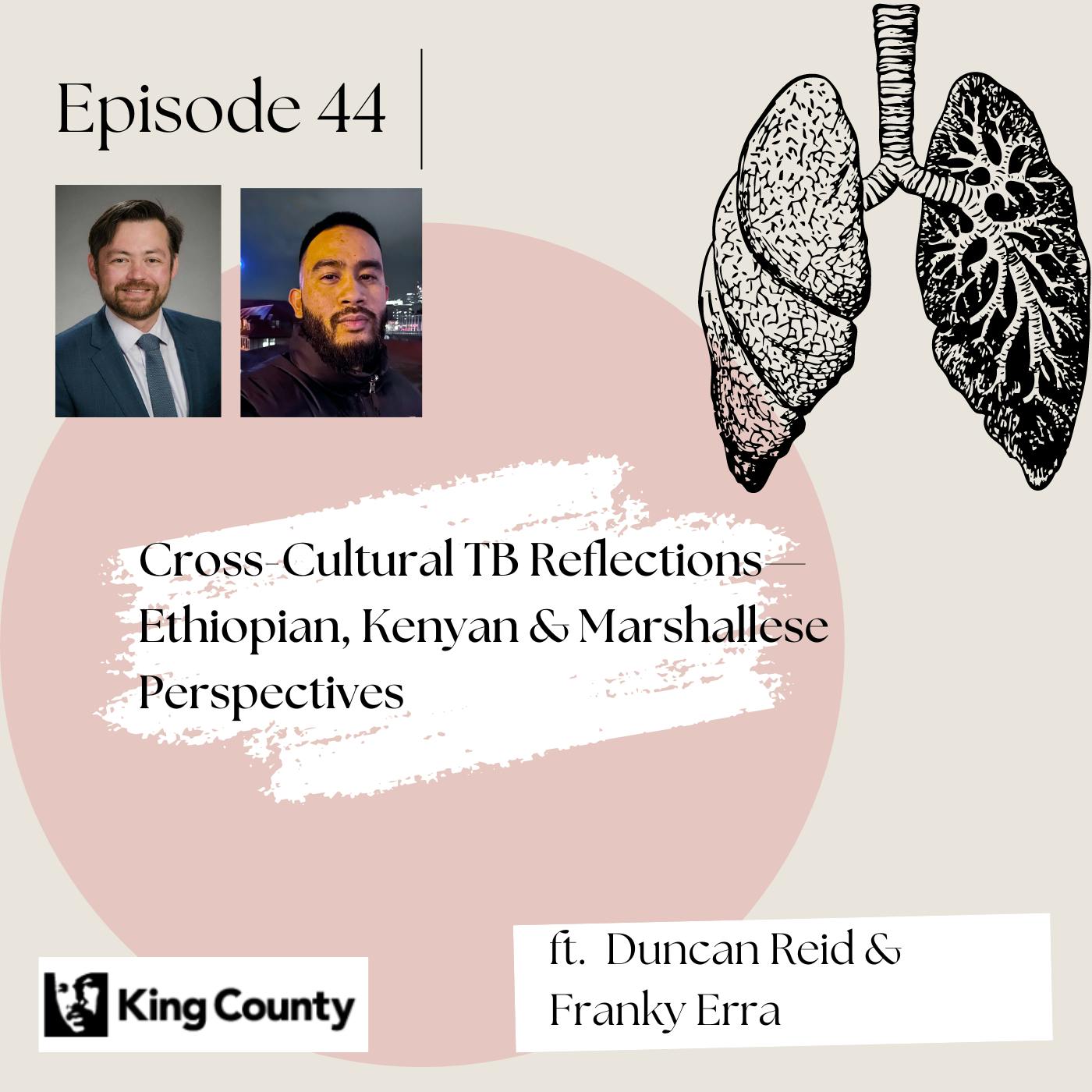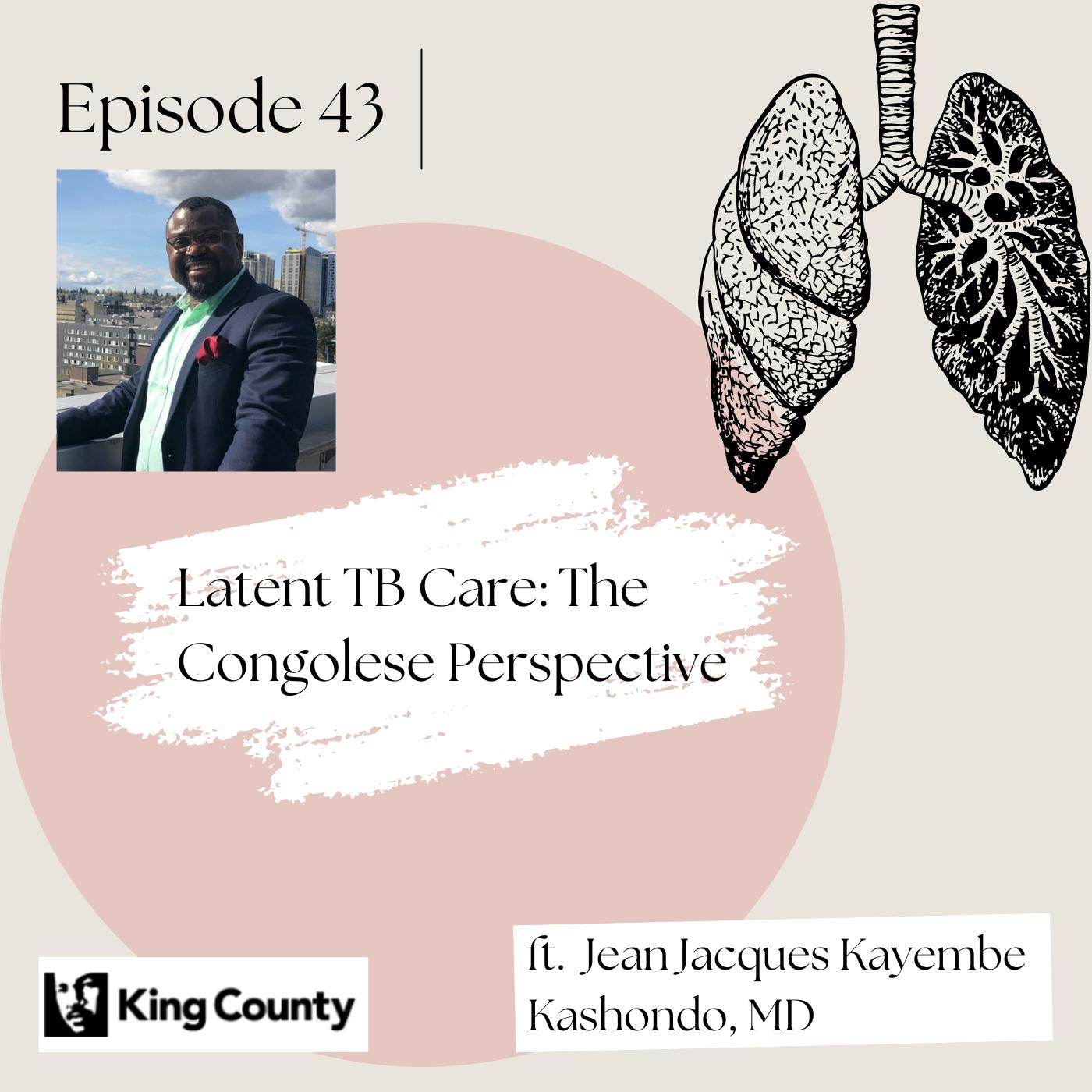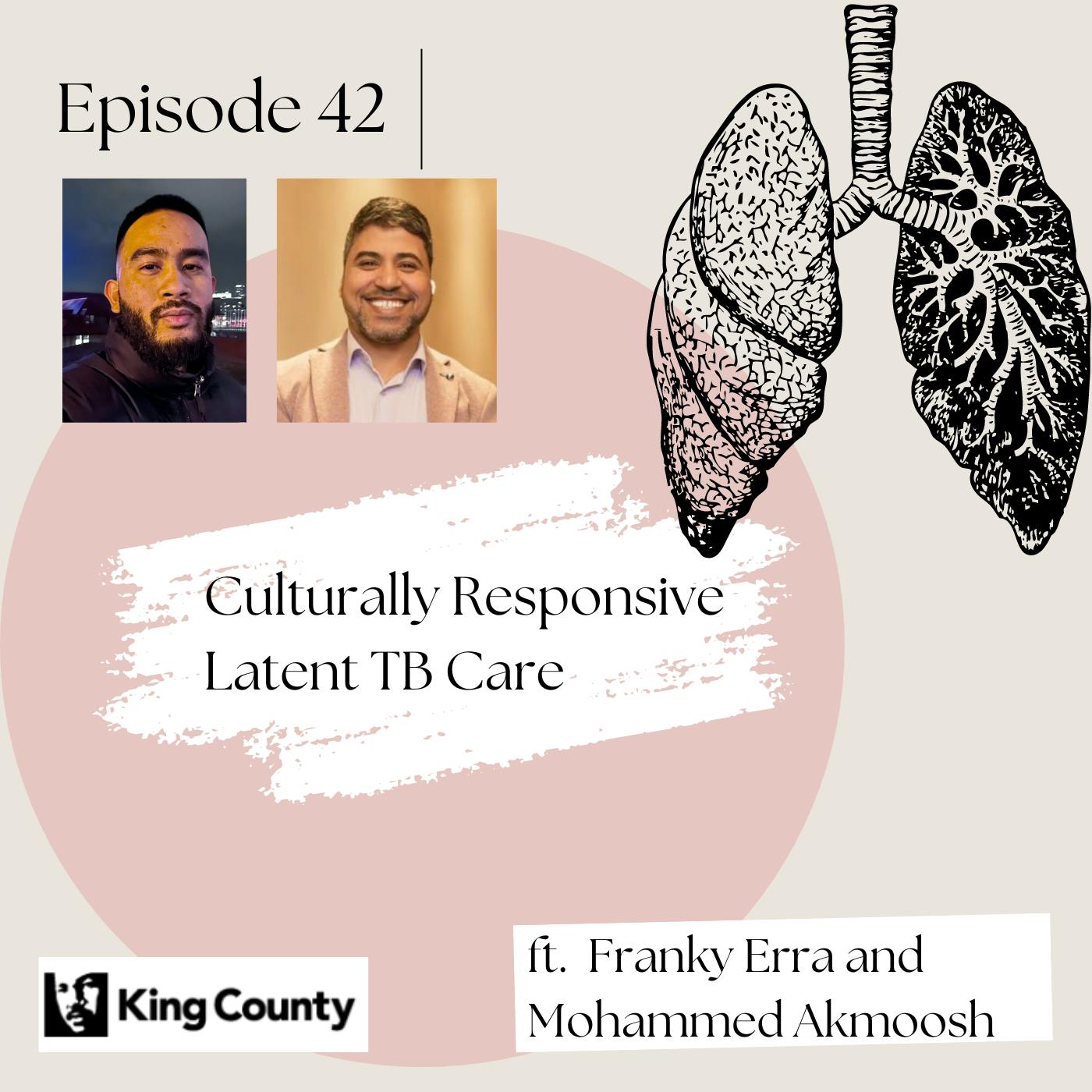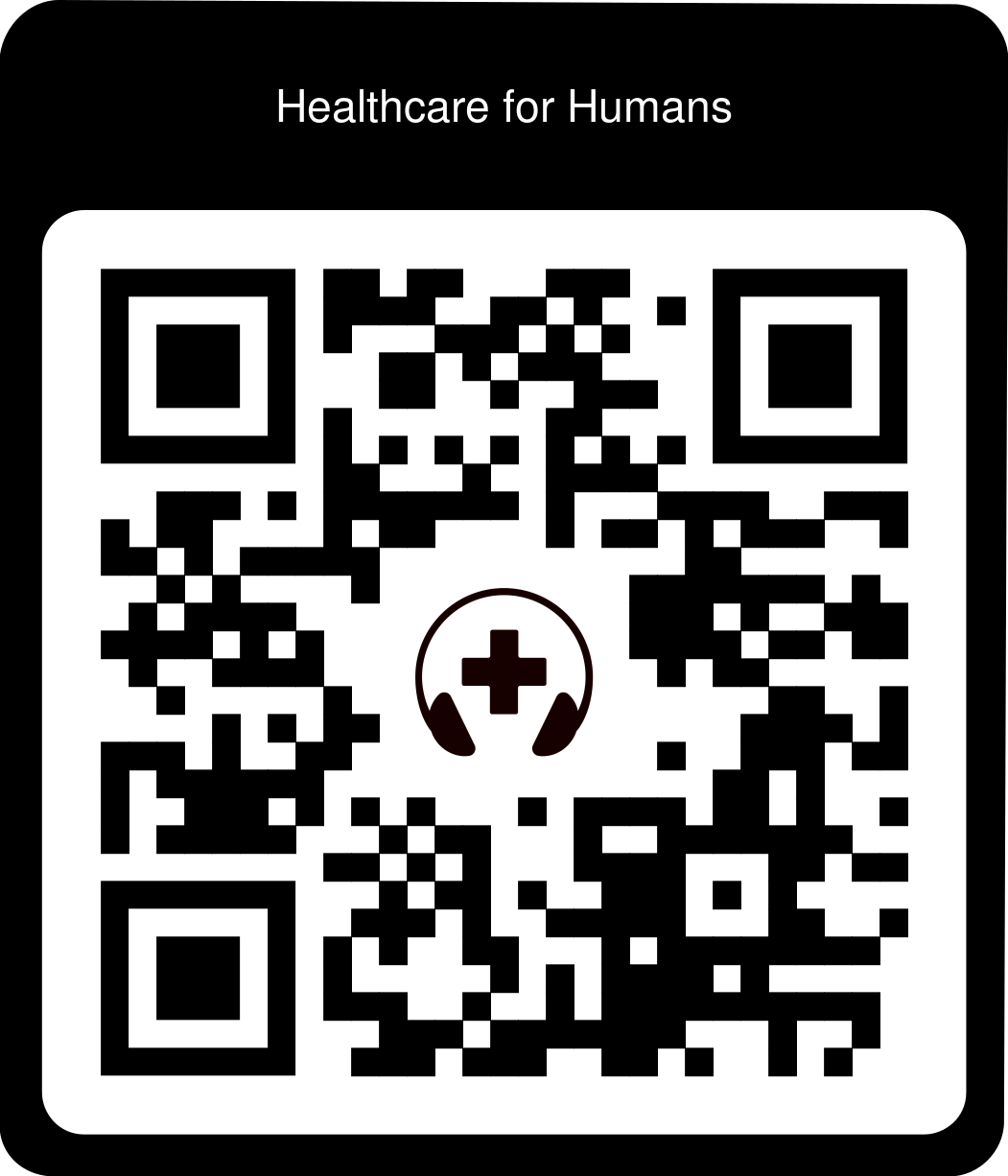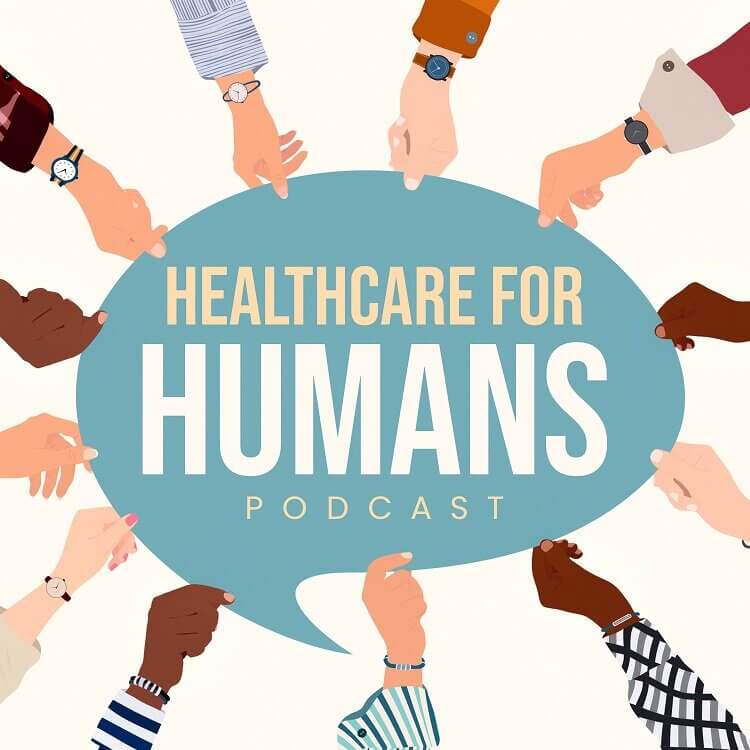
Healthcare for Humans
This show is dedicated to educating clinicians on how to care for culturally diverse communities so we can be better healers.
49 I Reflective, Equitable Communication to Address Power in Language w/ Dr. Anne Marie Liebel (Part 2)
Summary:
We continue our series Dr. Anne Marie Liebel, founder of Health Communication Partners. We delve into the pressures faced by clinicians to be perfect and resolve issues quickly, exploring how this impacts patient care. Dr. Anne Liebel discusses the cultural legacy of paternalistic medicine and the deficit perspective that assumes patients are lesser than clinicians. Dr. Raj Sundar suggests redefining terms like "vulnerable" to "historically exploited" to enable self-definition. Our conversation highlights the power dynamics in patient-physician relationships, the critical role of language in shaping thoughts and behaviors, and the importance of shared decision-making. We emphasize that patients' language and culture should be valued and discuss the need to shift from one-size-fits-all approaches to individualized care. Reflecting on communication, we consider the physical, emotional, psychological, and cultural aspects crucial for effective patient interactions. Dr. Liebel encourages clinicians to employ metaphors and create context-specific language while also emphasizing the potential for relief and transformation through reflective practice and interdisciplinary collaboration.
Overview:
Addressing pressure on clinicians to be perfect and the cultural legacy of paternalistic medicine.
Discussing the deficit perspective and the issue of othering in healthcare.
Exploring power dynamics in patient-physician relationships and the significance of language.
Shifting terminology from "vulnerable" and "marginalized" to "historically exploited."
Importance of shared decision-making and acknowledging asymmetric power dynamics.
Challenges posed by inherited systems in medical communication.
Necessity to consider physical, emotional, psychological, and cultural contexts in patient care.
Utilizing communication research to improve teaching, learning, and shared decision-making.
Reflecting on the empowerment of creating language based on patient context.
Emphasizing the metaphor of construction for building patient relationships and the end of the interview.
Key Sources
Health Communication Partners
Equitable Patient Education
Equitable Communication
Next Step
Visit our website, Healthcare for Humans, and join our community to enjoy exclusive benefits at https://www.healthcareforhumans.org/support/
Earn CME Credits: Clinicians, enhance your learning by earning valuable continuing education credits while listening. Utilize your CME funds to join our community.
Support Our Mission: Non-clinicians, explore exclusive content and contribute to our collective journey.
Be an Active Participant: Go beyond listening. Shape our narrative by co-creating episodes with us.
Be part of our community by visiting https://www.healthcareforhumans.org/support/. Follow us on Instagram @healthcareforhumanspodcast
July 8, 2024
48 I Mastering Reflective, Equitable Communication: Insights from Dr. Anne Marie Liebel
Summary:
We continue our language series with a conversation featuring Dr. Anne Marie Liebel, founder of Health Communication Partners. We explore her journey from education to healthcare, focusing on improving patient relationships and employee retention through equitable communication. We delve into reflective practice, practical strategies, and the power of viewing patients' strengths rather than deficits. Dr. Raj Sundar shares personal insights on the role of effective communication in tailoring healthcare to diverse cultural perspectives, setting the stage for a deeper dive into these critical concepts in the next installment of this two-part series.
Overview:
Introduction and purpose of the podcast.
Recap of the previous episode on language use.
Importance of effective communication in healthcare.
Outline the topics in the episode with Dr. Anne Marie Liebel.
Anne Liebel’s background and transition from education to healthcare.
Initial shocks and realizations upon entering the healthcare field.
Discussion on health literacy and shared decision-making.
Critique of deficit perspective and emphasis on strengths.
Strategies for applying resource-based perspectives in practice.
Key Sources
Health Communication Partners
Equitable Patient Education
Equitable Communication
Next Step
Visit our website, Healthcare for Humans, and join our community to enjoy exclusive benefits at https://www.healthcareforhumans.org/support/
Earn CME Credits: Clinicians, enhance your learning by earning valuable continuing education credits while listening. Utilize your CME funds to join our community.
Support Our Mission: Non-clinicians, explore exclusive content and contribute to our collective journey.
Be an Active Participant: Go beyond listening. Shape our narrative by co-creating episodes with us.
Be part of our community by visiting https://www.healthcareforhumans.org/support/. Follow us on Instagram @healthcareforhumanspodcast
June 26, 2024
47 I Healing Through The Power Language: Addressing Bias and Building Trust in Healthcare for Communities of Color
Summary:
We delve into the power of language in healthcare, focusing on how language shapes patient experiences and trust. Reflecting on biases, especially in physician notes, we examine studies revealing how negative language disproportionately affects black and Latino patients, and the resulting implicit biases among medical students. We emphasize the significance of cultural humility and respectful language, including self-identification, and we advocate for systemic policy changes over individual blame. Highlighting the need for inclusive healthcare environments, we discuss the tools to raise clinician awareness of their biases and the importance of community partnerships.
Overview:
Reflecting on biased experiences in healthcare; Trust and skepticism.
Importance of individuals making changes; Patient care improvement.
Study in JAMA Network Open; Language in physician notes.
Negative vs. positive language; Impact on black and Latino patients.
Cultural humility in patient care; Diverse perspectives and beliefs.
Using language respectfully, Self-identification, and political correctness.
Inclusive healthcare spaces; Option to not answer uncomfortable questions.
Policy changes; Data supporting systemic issues vs. individual blame.
Media exposure on bias; Study on linguistic cues and implicit attitudes.
Tools capturing audio content; Analyzing clinician-patient encounters.
Key Sources
NRC-RIM
NARHC Conference
Power of Language Slides
Are You What You Read? Predicting Implicit Attitudes to Immigration Based on Linguistic Distributional Cues From Newspaper Readership; A Pre-registered Study
Advancing Health Equity: A Guide to Language, Narrative and Concepts
Physician Use of Stigmatizing Language in Patient Medical Records
Tackling Implicit Bias in Health Care
UnBIASED: Understanding Biased patient-provider Interactions And Supporting Enhanced Discourse
About One-in-Four U.S. Hispanics Have Heard of Latinx, but Just 3% Use It
How language shapes the way we think (Dr. Lera Boroditsky)
Diversity Style Guide
North American Refugee Health Conference
Next Step
Visit our website, Healthcare for Humans, and join our community to enjoy exclusive benefits at https://www.healthcareforhumans.org/support/
Earn CME Credits: Clinicians, enhance your learning by earning valuable continuing education credits while listening. Utilize your CME funds to join our community.
Support Our Mission: Non-clinicians, explore exclusive content and contribute to our collective journey.
Be an Active Participant: Go beyond listening. Shape our narrative by co-creating episodes with us.
Be part of our community by visiting https://www.healthcareforhumans.org/support/. Follow us on Instagram @healthcareforhumanspodcast
June 10, 2024
46 I Safe Place International: Nurturing Leadership and Hope for LGBTQIA+ Refugees
Summary:
We explore the heart-wrenching yet inspiring journeys of Tom, Arnold, Cathy, and Brainze as they navigate the challenges of being LGBTQIA+ individuals in Africa. Despite facing severe rejection, discrimination, and legal persecution, they find hope and empowerment through Safe Place International's Dream Academy. Raj Sundar leads a conversation on the importance of leadership development, mental well-being, and community support in transforming lives. By sharing their personal stories, our guests highlight the resilience and courage of the LGBTQIA+ community while emphasizing the need for inclusive healthcare practices and societal acceptance. Together, we delve into how the Dream Academy's support and tangible skills training provide a beacon of hope, helping individuals regain self-esteem and confidence and marking a significant milestone with the decriminalization of same-sex relationships in Botswana.
Overview:
Struggles faced by LGBTQIA+ individuals in Africa.
Tom's story: Rejection by family and discrimination in Botswana.
Arnold's journey: Discrimination as a gay refugee in South Africa.
Support systems: Dream Academy and Safe Place International's impact.
Brainze's experience: Support from Kings and Queens Cameroon.
Milestone: Decriminalization of same-sex relationships in Botswana.
Importance of healthcare practitioners' education and respectful treatment.
Highlights of the Dream Academy's 10-week virtual course.
Cathy's perspective on the lack of awareness and acceptance in Botswana.
Empowerment through the Dream Academy: Skills and self-esteem.
Next Step
Visit our website, Healthcare for Humans, and join our community to enjoy exclusive benefits at https://www.healthcareforhumans.org/support/
Earn CME Credits: Clinicians, enhance your learning by earning valuable continuing education credits while listening. Utilize your CME funds to join our community.
Support Our Mission: Non-clinicians, explore exclusive content and contribute to our collective journey.
Be an Active Participant: Go beyond listening. Shape our narrative by co-creating episodes with us.
Be part of our community by visiting https://www.healthcareforhumans.org/support/. Follow us on Instagram @healthcareforhumanspodcast
Safe Place International
SafePlace International (SPI) is a US-based 501c3 founded in 2017 with a mission to enhance the safety and empowerment of one of the most marginalized populations in the world: LGBTQIA+ refugees. With its two flagship programs, The Global Family Initiative and The Dream Academy, SPI seeks to improve individual access to leadership and livelihood opportunities while increasing societal inclusion and acceptance. This is accomplished by first increasing people’s safety and stability through shelter and basic needs support, and then providing psychosocially supportive leadership training that prepares them to become civically engaged self advocates, entrepreneurs, employees, activists, and organizational leaders, ready to enact change within their communities.
May 22, 2024
45 I Cross-Cultural TB Reflections II—Marshallese, Afghan, & Congolese Perspectives, Overcoming Historical Shadows for Better Health Outcomes
Summary:
We dive into the enduring impacts of historical events on healthcare perceptions and practices, particularly focusing on the Marshallese and Afghan communities affected by latent tuberculosis (TB). Host Raj Sundar and guests including Disney, Jasmine, Duncan Reid, and Franky explore themes such as cultural literacy in healthcare, the influence of past military activities and nuclear tests on community health, and the critical role of education in overcoming health-related stigmas. Together, we discuss how a deeper understanding of individual and community histories can foster more effective and empathetic healthcare practices, addressing nuances like the stigma around free healthcare and various cultural expectations of medical systems.
Overview:
Common misconceptions and stigma associated with TB in diverse communities.
Overview of the historical impact of U.S. nuclear tests on the Marshallese community's health.
The importance of culturally aware healthcare for immigrants, highlighting personal experiences.
Addressing the stigma around free healthcare and suspicion towards vaccines in the Congolese community.
The differences between healthcare expectations in the U.S. and immigrants' home countries.
The necessity for community-specific education to combat TB stigma.
The role of community health navigators in destigmatizing TB within Afghan communities.
The need for creating cultural profiles to improve community-specific healthcare awareness.
The importance of acknowledging historical context in healthcare settings.
Next Step
Visit our website, Healthcare for Humans, and join our community to enjoy exclusive benefits at https://www.healthcareforhumans.org/support/
Earn CME Credits: Clinicians, enhance your learning by earning valuable continuing education credits while listening. Utilize your CME funds to join our community.
Support Our Mission: Non-clinicians, explore exclusive content and contribute to our collective journey.
Be an Active Participant: Go beyond listening. Shape our narrative by co-creating episodes with us.
Be part of our community by visiting https://www.healthcareforhumans.org/support/. Follow us on Instagram @healthcareforhumanspodcast
Sponsored by: Public Health – Seattle & King County TB Clinic
May 1, 2024
43 I Cross-Cultural TB Reflections—Ethiopian, Kenyan & Marshallese Perspectives w/ Duncan Reid and Franky Erra
Summary:
In this reflection series, we delve into the grave impact of military occupation and nuclear testing on Bikini Atoll, as Duncan Reid links this history to the high rate of tuberculosis in the Marshallese community. We explore community beliefs and experiences with BCG vaccination and TB, confronting stigma and confusion surrounding the disease, as illustrated in deep conversations with Dr. Ejara in the Ethiopian community and Reverend Paul Karume of the Kenyan community. Navigating through stories of migration for better healthcare access, we examine the intricate challenges faced by individuals, like prioritizing health amidst concerns for housing and employment. We wrap up by emphasizing the importance of cultural literacy in health communication, reflecting on how terms like "latent" and "inactive" TB shape perceptions and articulating the urgency of community engagement to foster understanding and support.
Timestamped Overview:
02:14: Link between military occupation, nuclear testing, and TB rates in the Marshallese community.
06:37: Community beliefs and the impact of BCG vaccine on TB perception and stigma.
11:05: Misunderstandings around TB testing, false positives, and the BCG vaccine mark.
15:22 Exploring latent TB awareness and myths in various cultural contexts.
19:48: The role of cultural literacy and metaphors in health communication for TB.
24:33: Stigma's effect on willingness to discuss and address tuberculosis within communities.
29:15: Challenges of prioritizing health amidst critical social and economic issues.
34:12: The importance of culturally sensitive terminology in discussing latent TB.
Next StepVisit our website, Healthcare for Humans, and join our community to enjoy exclusive benefits at https://www.healthcareforhumans.org/support/
Earn CME Credits: Clinicians, enhance your learning by earning valuable continuing education credits while listening. Utilize your CME funds to join our community.
Support Our Mission: Non-clinicians, explore exclusive content and contribute to our collective journey.
Be an Active Participant: Go beyond listening. Shape our narrative by co-creating episodes with us.
Be part of our community by visiting https://www.healthcareforhumans.org/support/. Follow us on Instagram @healthcareforhumanspodcast
Sponsored by: Public Health – Seattle & King County TB Clinic
April 17, 2024
The Human Side of Latent TB: The Congolese Community Perspective (Ep.43)
Summary:
This episode will review the complexities of managing latent tuberculosis within the Congolese community, discussing the critical need for cultural sensitivity and community engagement when addressing latent TB. With insights from Dr. Jean Jacques and host Duncan Reid, we unpack healthcare providers' challenges, from bridging language and cultural gaps to tackling the stigma associated with treatment. Our conversation highlights the vital role of Congolese clinicians, the importance of consistent funding and support from state efforts, and the unique health concerns within the community. Through Jean Jacques' personal experiences and professional background, we emphasize how tailored public health initiatives and collaboration with community and faith leaders can lead to more effective communicable and chronic disease management, ensuring that healthcare practices are respectful of and responsive to the community's history, perspectives, and needs.
Timestamped Overview:
02:10 Importance of incorporating healthcare practices from the Democratic Republic of Congo.
07:35 Challenges and confusion in TB diagnosis and vaccination understanding in the Congo vs. the US.
14:15 Role of consistent funding and trust-building with African communities.
18:02 The impact of cultural gaps and misinformation on TB treatment adherence.
21:50 Utilizing foreign medical professionals for community outreach on TB.
25:40 Differences in public visibility of TB patients and treatment processes in the DRC and US.
29:05 Addressing latent TB through tailored community engagement strategies.
33:15 Conflicting social norms and religious beliefs affecting TB treatment in the African community.
37:22 Importance of connecting with faith and community leaders for authentic health issue feedback.
40:50 Need for sustained public health efforts and cultural sensitivity in treating immigrant and refugee populations.
Next Step:
Visit our website, Healthcare for Humans, and join our community to enjoy exclusive benefits at https://www.healthcareforhumans.org/support/
Earn CME Credits: Clinicians, enhance your learning by earning valuable continuing education credits while listening. Utilize your CME funds to join our community.
Support Our Mission: Non-clinicians, explore exclusive content and contribute to our collective journey.
Be an Active Participant: Go beyond listening. Shape our narrative by co-creating episodes with us.
Be part of our community by visiting https://www.healthcareforhumans.org/support/. Follow us on Instagram @healthcareforhumanspodcast
Sponsored by: Public Health – Seattle & King County TB Clinic
April 3, 2024
The Human Side of Latent TB: Community Insights with Franky and Mohammed (Ep. 42)
Summary:
We dive into the complexities of navigating the US healthcare system with insights from Franky and Mohammad, focusing specifically on the Marshallese community's challenges and the widespread misconceptions about TB screenings in diverse populations. Together, we explore culturally responsive strategies to improve trust and treatment adherence, including employing trusted community messengers, understanding patient education needs, and addressing the nonclinical aspects of care. Our discussions underscore the necessity of patient-centered communication, acknowledging cultural beliefs and practices in treatment, and the critical role of community navigators in facilitating accessible healthcare. By acknowledging these crucial factors, we aim to foster a deeper understanding of and responsiveness to the unique healthcare needs within various communities.
Timestamped Overview:
02:04 Addressing the complexity of the US healthcare system and the Marshallese community's challenges.
07:15 Tackling TB misconceptions and the impact on screenings within diverse populations.
13:30 Importance of culturally responsive care and trusted community messengers in healthcare.
17:48 Strategies for medical professionals to build trust and set proper expectations for patient care.
22:27 Role of community navigators in facilitating healthcare access and understanding.
27:35 Utilizing metaphors and visual aids for effective communication about latent TB.
32:42 Balancing respect for patients' decisions while advocating for preventive care.
37:50 Overcoming cultural and literacy barriers with diverse educational materials.
42:57 Emphasizing a collective family approach to healthcare in community engagement.
47:11 Discussing latent TB's prevalence, risks, and the necessity of screening and treatment.
Next Step:
Visit our website, Healthcare for Humans, and join our community to enjoy exclusive benefits at https://www.healthcareforhumans.org/support/
Earn CME Credits: Clinicians, enhance your learning by earning valuable continuing education credits while listening. Utilize your CME funds to join our community.
Support Our Mission: Non-clinicians, explore exclusive content and contribute to our collective journey.
Be an Active Participant: Go beyond listening. Shape our narrative by co-creating episodes with us.
Be part of our community by visiting https://www.healthcareforhumans.org/support/. Follow us on Instagram @healthcareforhumanspodcast
Sponsored by: Public Health – Seattle & King County TB Clinic
March 21, 2024
Healthcare for Humans
My name is Dr. Raj Sundar, a family physician and community organizer. This is an independent project that I created, so I can become a better healer to the many different communities that I care for. Like many of you, I've fallen short in caring for and healing many of my patients, especially when their values and beliefs seem foreign to me.
We all have felt those large gaps between our agenda as clinicians and the lives of our patients.
These gaps, sometimes an abyss, are exacerbated by our contemporary systems. This show is my creative power restive and uprising to help address this gap. In this podcast, as I learn, I hope to educate clinicians on how to care for culturally diverse communities so we can all be better healers for all patients, no matter who they are. I hope this podcast re-orients us to what's important to our patients and how they came to be where they are now.
By better understanding their worldview, we can better care for those patients we struggle to help, within the context of their own struggle, and thereby, even ameliorate our own struggle.
Thank you for joining me on this journey.
We all have felt those large gaps between our agenda as clinicians and the lives of our patients.
These gaps, sometimes an abyss, are exacerbated by our contemporary systems. This show is my creative power restive and uprising to help address this gap. In this podcast, as I learn, I hope to educate clinicians on how to care for culturally diverse communities so we can all be better healers for all patients, no matter who they are. I hope this podcast re-orients us to what's important to our patients and how they came to be where they are now.
By better understanding their worldview, we can better care for those patients we struggle to help, within the context of their own struggle, and thereby, even ameliorate our own struggle.
Thank you for joining me on this journey.
Host
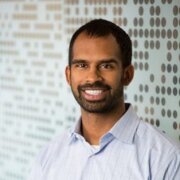
Raj Sundar, MD
Raj Sundar is a family physician and a community organizer, dedicated to creating systems that prioritize the dignity of each individual.
His leadership approach is rooted in enabling and facilitating others to achieve a shared purpose, and his goal is to contribute to the creation of institutions and communities that are diverse, equitable, and inclusive by honoring people's histories and uplifting their hopes.
He strives to empower others to create meaningful change and cultivate conditions that enable individuals to flourish.
His leadership approach is rooted in enabling and facilitating others to achieve a shared purpose, and his goal is to contribute to the creation of institutions and communities that are diverse, equitable, and inclusive by honoring people's histories and uplifting their hopes.
He strives to empower others to create meaningful change and cultivate conditions that enable individuals to flourish.



